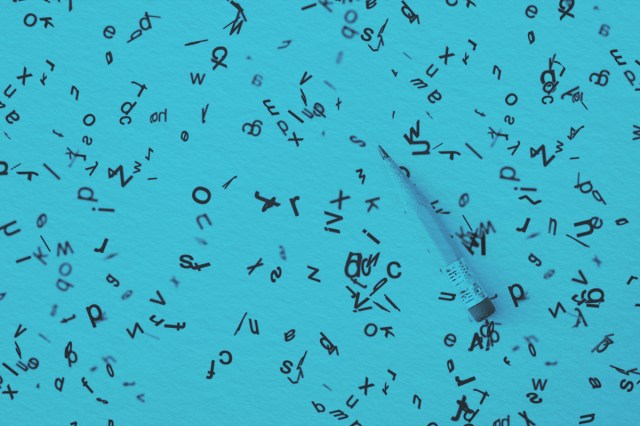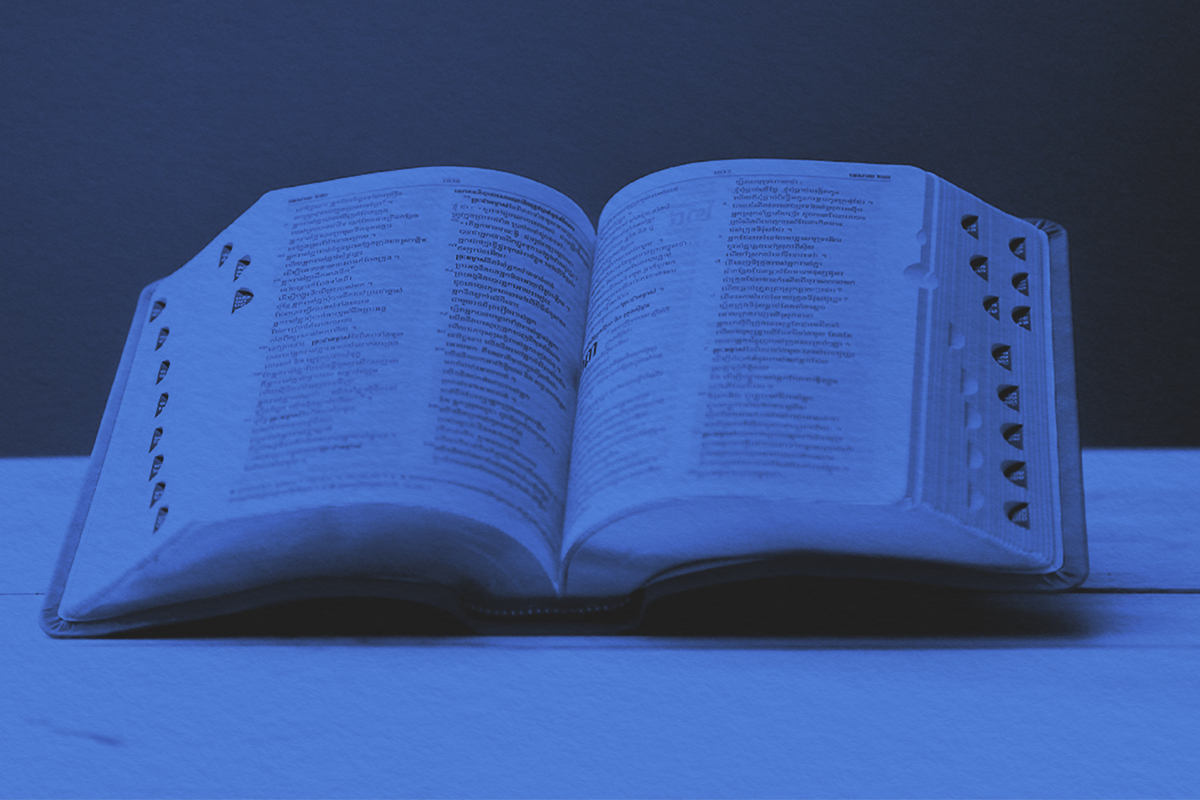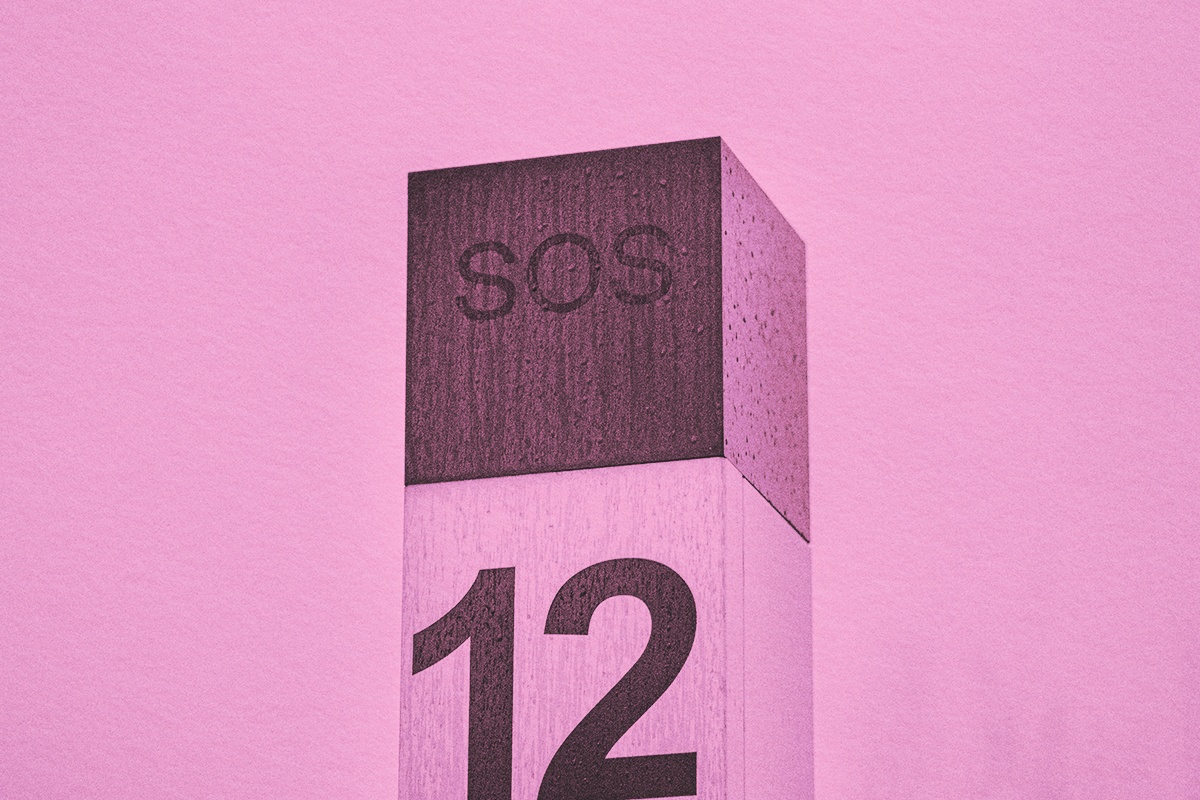
When trying to express yourself, you may struggle to come up with the perfect word. It could be a case of lethologica (the technical word for a word being on the tip of your tongue), but sometimes, the right word simply doesn’t exist. The good news is the English language is always evolving, and our collective lexicon has plenty of room for newly coined terms. Some come from pop culture — think “rejoicify” from Wicked or “embiggen” from The Simpsons — while others are concocted by regular people like you and me.
We asked Optimism team members to answer one question: What word do you think should exist? Responses came in with definitions, explanations, and etymological breakdowns. Here are a few words our team would like to see added to the dictionary.
Do you know that satisfying feeling of slipping into a cozy, well-made bed after a long, productive day? We think the perfect word to describe that state would be “somniful,” derived from the Latin prefix somni-, meaning “sleep.” This suggestion comes from Brooke Robinson, Associate Editor of Interesting Facts. She says it describes how she feels as she climbs into bed when the house is clean and she’s freshly showered and ready to be lulled into a deep, restful slumber.
Have you ever felt like you can’t relax and should be out in the world trying to accomplish something? This unsettling feeling could be called “relaxxiety” — a mix of the words “relax” and “anxiety.” Chief Brand Officer Mike Newman suggests it to describe some of the anxieties that many of us often feel. Another anxiety-related proposal is the term “nightxiety” — perfect for when you can’t fall asleep because you’re too stressed about being awake at an ungodly hour.
Sometimes loanwords from other languages make their way into the English language, so we felt it was appropriate to create our own. We turn to German influences to create“bibliothekpanik,” which can be defined as panicking over the sheer number of unread books you see when entering a library. This idea comes from Jennifer Freeman, who’s both a voracious reader and also the editor of Word Smarts. As someone who wants to read more books than there’s time for, Freeman experiences the specific angst of bibliothekpanik often, and suggests a few additional (faux) synonyms: “büchersehnsuchtangst” (taken from the German words for “books,” “deep yearning,” and “angst”) and “leseschuldangst,” which breaks down into “reading,” “guilt” and “fear.”
“Regrot” combines “regret” and “forgotten,” such as when you reminisce about cringy things you did years ago. Nobody likes experiencing regrot, including our Senior Managing Editor Allie Takeda, who came up with the concept. Unfortunately, we all endure regrot from time to time, no matter how much we’d like to forget our embarrassing high school memories.
This suggestion comes from yours truly, a person who would sooner arrive 30 minutes early than risk being five minutes late. “Precrastinate” combines the prefix “pre-,” meaning “before,” and “procrastinate,” which describes the act of putting something off. But if you’re a precrastinator like me, you’re perfectly content to sit in silence for an hour before an event, as long as you won’t miss a moment. In my opinion, it’s better to be early than to wait in long lines and risk getting in after the event has started.
These are just a few of the fun terms that our team came up with, but the sky is the limit. Send us your suggestions for words that you’d like to see added to the dictionary.

















